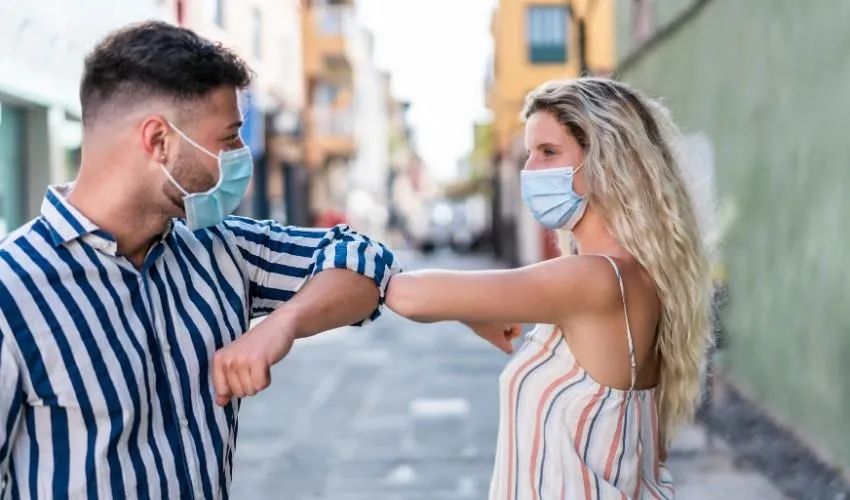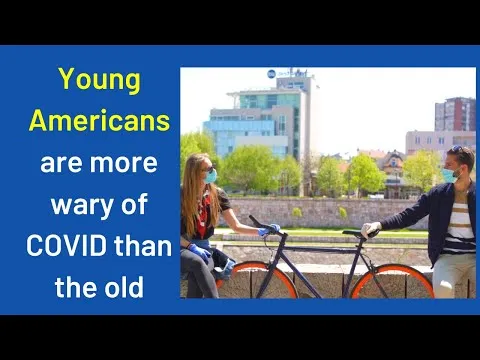
The Young Perceive Higher COVID Risk than the Old. And Are More Cautious
Allegations of underestimating the COVID-19 risk and hence inadvertently pushing its spread are often made against young people. Recent research by Nicola Gennaioli (Bocconi University, Fellow of the COVID Crisis Lab) and colleagues from Harvard and Oxford casts doubt on these arguments.
On the contrary, according to a survey of over 1,500 Americans conducted in May 2020, younger people perceive dramatically higher risks of infection and risks of hospitalization and death after contacting COVID-19 than older people do. They assess higher risk both for themselves and for others.
Furthermore, COVID-19 policy preferences and self-reported behavior are consistent with such beliefs. Individuals who perceive higher risks for others are supportive of stay at home orders and are less likely to be willing to resume their normal activities. Individuals who perceive greater mortality risk for themselves indicate going out less frequently, being more reluctant to go to an emergency room if they had a medical emergency, and avoiding more routine medical care.
People appear to be aware of the age gradient of Covid-19 risks: assessed mortality risk increases with age according to everyone, but young people's assessments are consistently higher than old people's.
On average, respondents' median belief about the fatality rate lies between 1% and 2% of the infected, and thus moderately exceeds average published estimates in the medical literature, but the age gradient is striking. The 18-34 group reports a median believed fatality rate of 2%, ten times the available data for their age. In contrast, the respondents in the 70 years or older group report a median death rate of about 1%, between 5 and 10 times lower than available epidemiological estimates.
Young people are also more pessimistic about other health risks, but not about the economic risk attached to the COVID-19 crisis.
"One possible explanation", Professor Gennaioli says, "is that the COVID-19 experience is much more salient for young than for old people. Since acute health risk is a relatively rare experience for young people, the COVID-19 outbreak strikes them as new and meaningful. It also seems to render all health risks salient, increasing their assessment across the board". In fact, data shows that the self-assessment of other health risks is strongly associated to COVID-19 beliefs. The perception of a non-health risk such as the economic risk is, on the contrary, associated to several demographic characteristics, such as gender, race, location and education, but not age.
Pedro Bordalo, Katherine B. Coffman, Nicola Gennaioli, Andrei Shleifer, "Older People Are Less Pessimistic About the Health Risks of COVID-19", NBER Working Paper 27494, DOI: 10.3386/w27494.
The Young Experience COVID as a Major Risk
